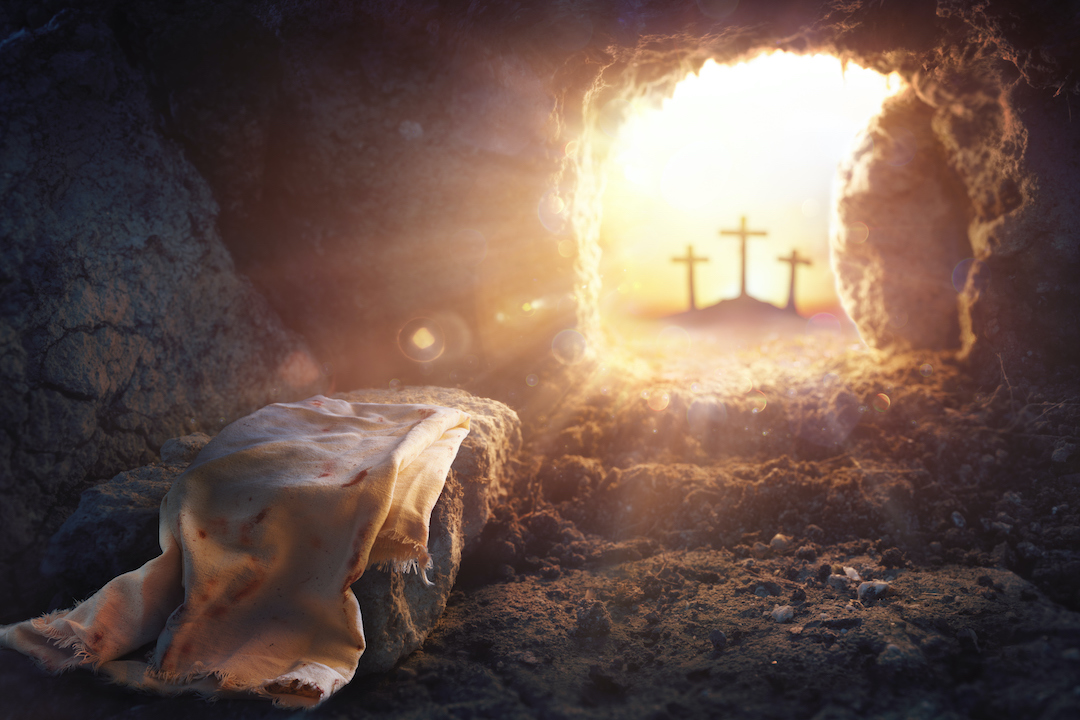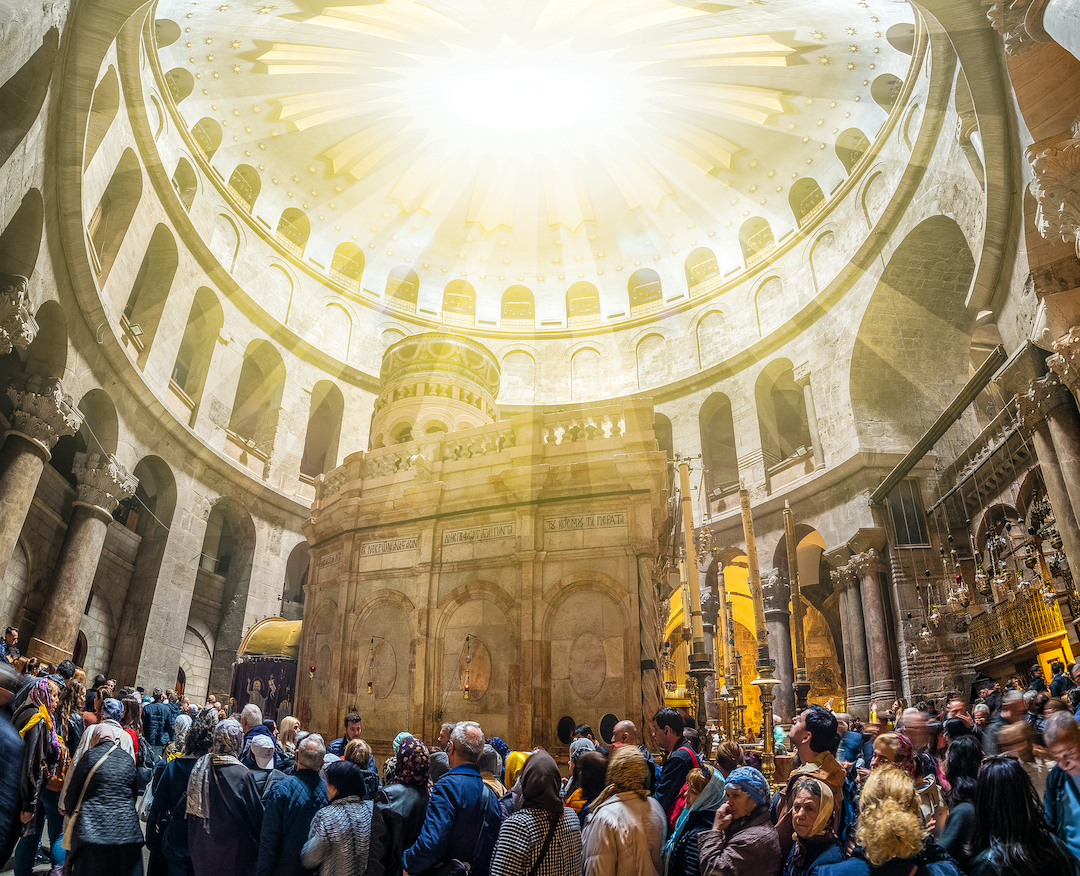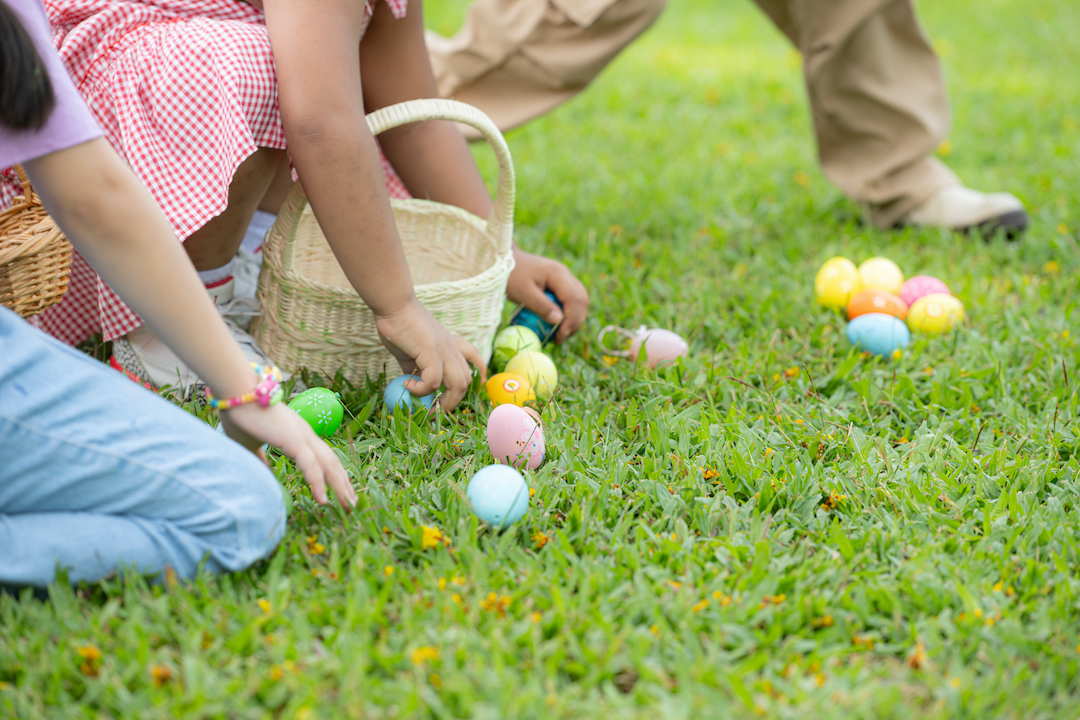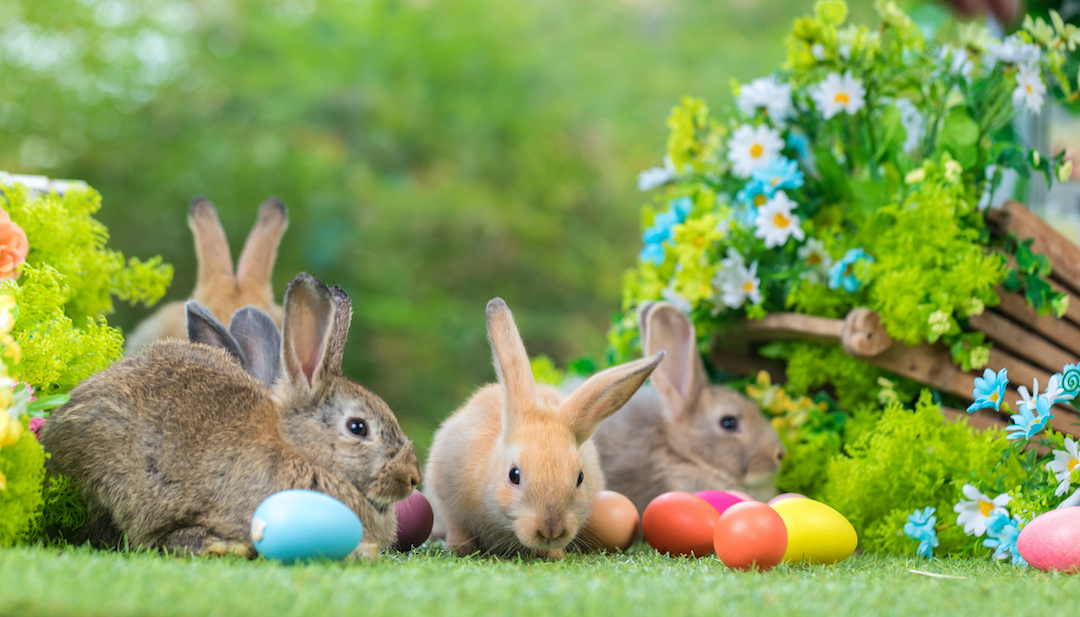
Easter is a principal festival celebrated by the Christian faith, commemorating the resurrection of Jesus Christ from the dead. This momentous event is at the heart of Christian belief, symbolizing rebirth, renewal, and hope. While deeply rooted in religious tradition, Easter celebrations have also evolved into a vibrant cultural phenomenon enjoyed by people around the world, regardless of faith.
Origin and Historical Significance
Easter traces its origins back to the early Christian community and is directly linked to the Jewish festival of Passover, which commemorates the liberation of the Israelites from Egyptian slavery. According to Christian scriptures, Jesus was crucified around the time of Passover, and on the third day after his crucifixion, he rose from the dead. This event, known as the Resurrection, forms the foundation of Christian theology, emphasizing salvation and eternal life.
The date of Easter varies each year, determined by a calculation known as the “Computus,” which fixes Easter as the first Sunday after the full moon following the spring equinox. This places Easter between March 22 and April 25.
 St Helena Chapel inside The Holy Sepulchre – Jerusalem
St Helena Chapel inside The Holy Sepulchre – Jerusalem
Traditions and Celebrations Around the World
Across the globe, Easter is celebrated with a variety of rich and diverse traditions:
- Europe: In Rome, Easter Mass at St. Peter’s Basilica draws thousands of worshippers, and the Pope delivers a special message called “Urbi et Orbi.” In Greece, midnight church services and candlelight processions highlight the solemnity and joy of the occasion.
- Eastern Europe: Countries such as Ukraine and Poland are renowned for their beautifully decorated Easter eggs, or “pysanky,” symbolizing new life and resurrection.
- Latin America: Easter celebrations, especially during Holy Week (Semana Santa), are marked by elaborate processions and reenactments of the Passion of Christ. Cities like Antigua, Guatemala, become vibrant with flower carpets lining the streets for processions.

Easter Celebrations in the U.S.
In the United States, Easter blends religious observances with secular traditions, making it a joyful holiday for families nationwide:
- Church Services: Millions of Americans attend Easter services, participating in special prayers, music, and sermons that highlight the Resurrection.
- Easter Egg Hunts: A cherished tradition especially beloved by children, Easter egg hunts involve searching for hidden eggs filled with candy and treats, symbolizing joy and discovery.
- Easter Bunny: A symbol of fertility and springtime renewal, the Easter Bunny is a beloved character who leaves gifts and candy for children, similar to Santa Claus at Christmas.
- Family Meals: Easter Sunday typically involves gathering for festive meals, often featuring dishes like roast ham, lamb, spring vegetables, and various desserts such as chocolate eggs and cakes.
- The White House Easter Egg Roll: A unique American tradition held annually since 1878, where families gather on the White House lawn for egg rolling, storytelling, and other festive activities.

Easter remains a powerful and meaningful occasion deeply woven into the fabric of Christian tradition and culture. Whether observed through solemn church services or playful egg hunts, Easter celebrations remind us of renewal, joy, and the enduring power of faith and community.
-Lê Nguyễn Thanh Phương-
